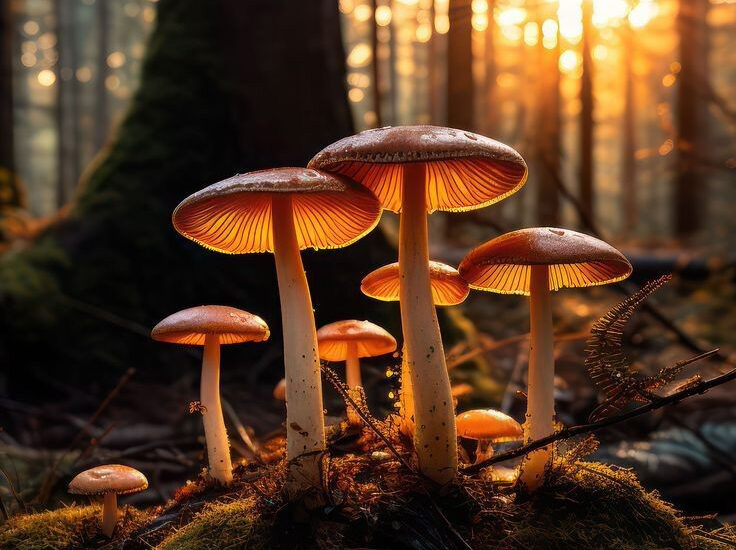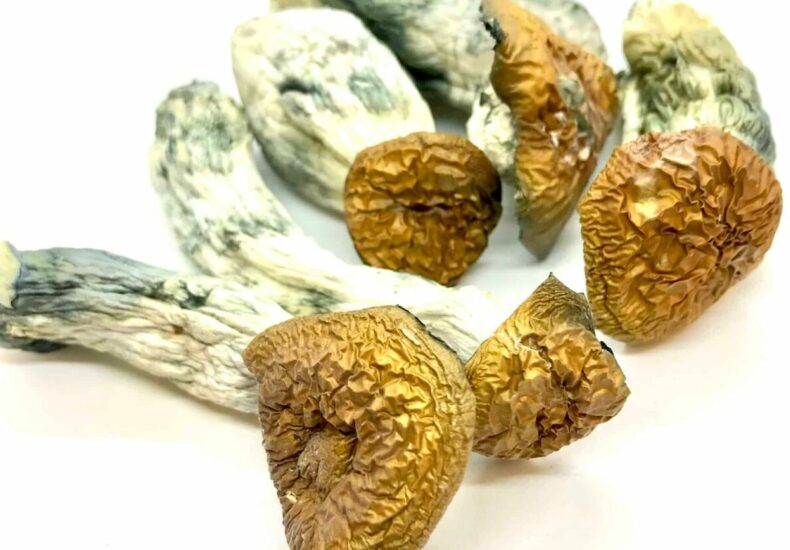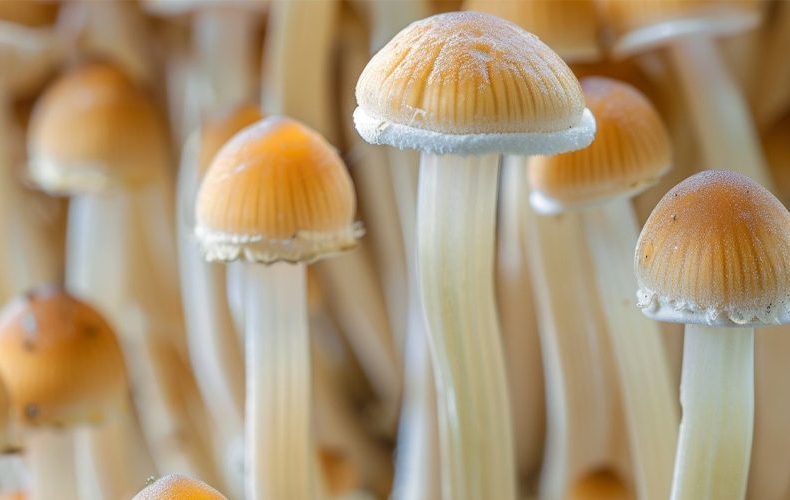With cannabis now legal in Canada, a new drug — Psilocybe cubensis (‘magic mushroom or ‘shrooms’) — has started to grow on those with depression and addictions.
These mushrooms are eaten raw, cooked, or mixed in juice or tea (fungus delight). They can also be dried, crushed into powder, then snorted.
Magic mushrooms commonly grow in both North and Central America and are used for ancient rituals performed by healers and shamans.
Maria Sabina, a Mazatec healer and shaman from South Mexico was the first person to introduce them to the western world for their beneficial properties.
A study by The Mental Health Clinician found ‘shrooms’ were effective for patients with suicidal thoughts, anxiety disorders, OCD, alcohol use disorder, and tobacco.
Researchers say those prone to suicidal thoughts and depressed moods rated using Psilocybin as the most meaningful experience of their life.
Kevin Matthews, a U.S. Military Academy cadet at West Point, tried it after having to retire due to his major depression.
“It was one of the most profound experiences of my life,” Matthews told The Washington Post. “It cleared the fog and lasted for weeks and weeks after. It enabled me to see outside the box of my own depression.”
Users have psychedelic experiences within the first 20-40 minutes.
“They see, hear or feel things that are not really there … experience other effects like anxiety, nausea and muscle twitches,” says Health Canada.
The effects wear off within three to six hours.
There is no research on its long-term effects but psychosis — loss of what is reality — is one side effect linked to its regular use.
Although magic mushrooms are illegal in Canada, there is still support for it.
Some advocates believe these mushrooms behave as therapy to help patients with depression internally.


